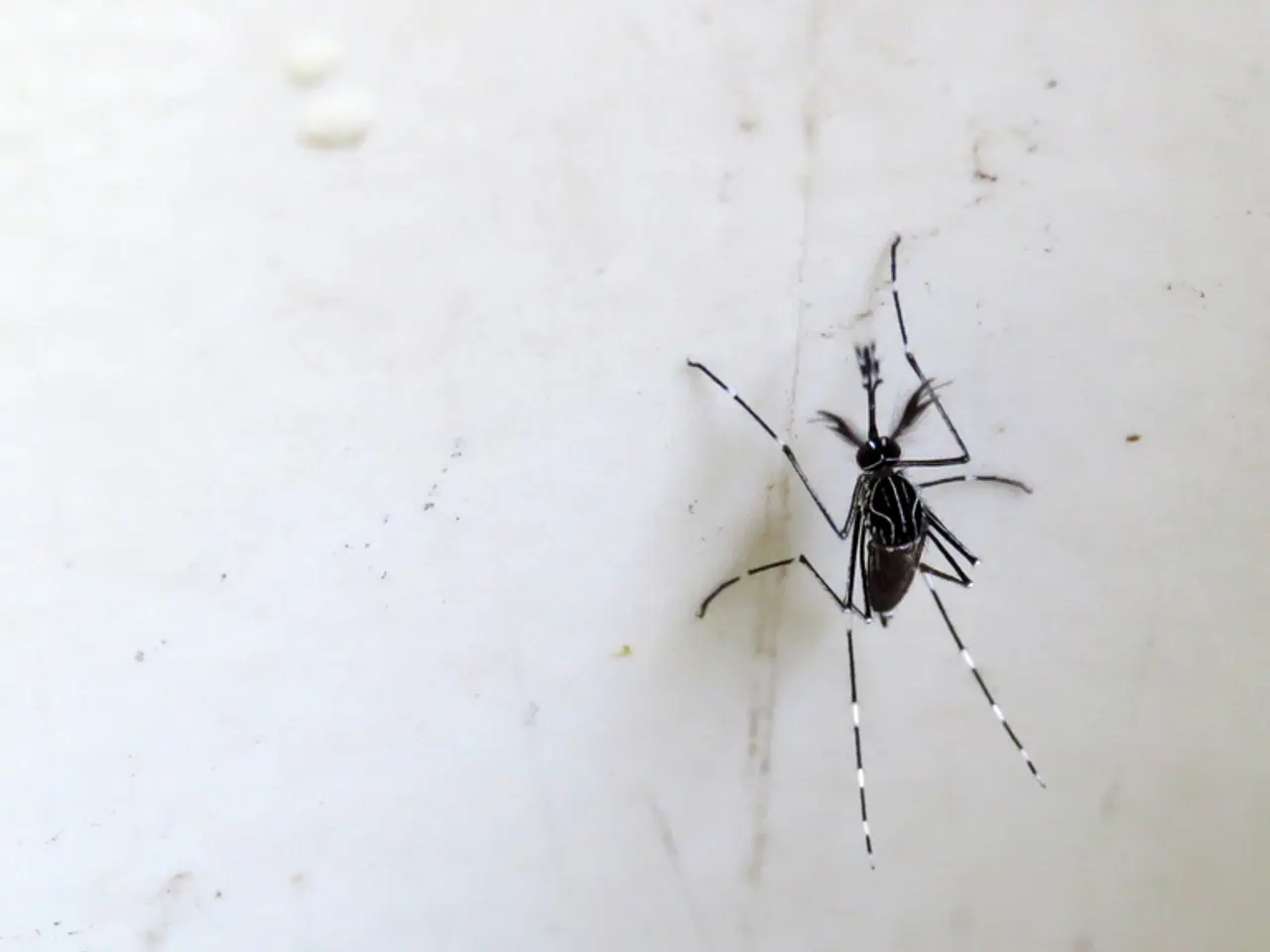Asian Tiger Mosquito Spreads to 20+ European Countries, Including Germany
The Asian Tiger Mosquito, a potential carrier of tropical viruses, has spread to over 20 European countries, including Germany. Despite no locally transmitted cases in Germany as of September 2025, the mosquito's presence and the risk it poses are cause for concern. Protecting against its bites is crucial, especially for vulnerable groups.
The Asian Tiger Mosquito, Aedes albopictus, is smaller than native biting mosquitoes and has a distinctive black and white striped pattern. Unlike other mosquitoes, it is active during the day and can bite multiple times. It can transmit over 20 viruses, with dengue, chikungunya, Zika, and West Nile being the most significant for Europe.
Protecting against its bites is essential. This includes emptying standing water, using mosquito screens, wearing long, light clothing, and using repellents, especially child-friendly ones. Even during the day, consistent protection is necessary. Those at higher risk, such as children under 5, pregnant women, older people, and those with weakened immune systems or chronic illnesses, should take extra precautions.
While no locally transmitted cases have been reported in Germany, there have been increasing local outbreaks in France, Italy, and Spain near the German border. Returning travelers should observe symptoms after their trip and visit a doctor if symptoms occur, mentioning their foreign stay.
The Asian Tiger Mosquito's spread in Europe is facilitated by climate change, global cargo traffic, and its adaptability to urban habitats. While Germany has not yet seen locally transmitted cases, the risk is real. Public health officials urge vigilance and protection against its bites to prevent potential outbreaks.







